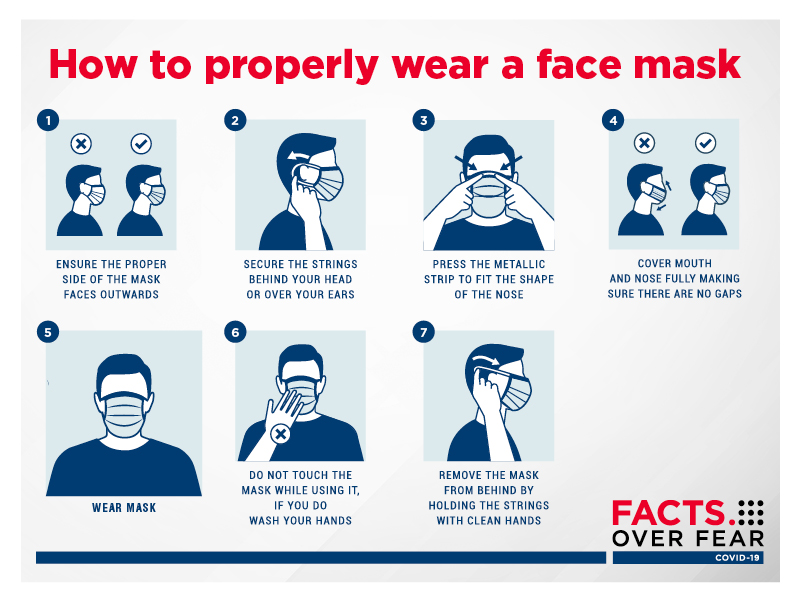FOR IMMEDIATE RELEASE: Monday, August 10, 2020
CONTACT: Jane Lyons, Coalition for Smarter Growth
jane@smartergrowth.net | (410) 474-0741
Courageous Conversations discuss the history of racial segregation in Montgomery County
Montgomery County, Md. — This Saturday, the Coalition for Smarter Growth will host the first in a series of three Courageous Conversations on Housing, Land Use, and Racism, about the history of redlining and racial segregation in Montgomery County. Over 150 community members are expected to attend and participate in facilitated group discussions.
Each workshop will feature a presentation on the history of discriminatory federal housing policy and an explanation of the local housing and land use history in one of three areas of the county: East County (8/15), Bethesda-Chevy Chase (8/22), and Upcounty (8/29). The workshops are sponsored by Kaiser Permanente and will be facilitated by Challenging Racism.
After the presentations and small group discussions, Montgomery County residents will share their personal experiences of how racial segregation impacted their lives.
Robert Stubblefield, a poet and local activist, will share his story about growing up Black in eastern Montgomery County. “One of the things I hope comes out of this is that the past is never past. It is always present. What we experience when we are younger plays a role and influences us every day,” he said.
The discussion will also cover how residential segregation impacts schools and student experiences. “In Montgomery County, three quarters of our Black and Hispanic students attend our highest poverty public schools, excluding them from myriad opportunities available to lower poverty school students,” said Jill Ortman-Fouse, a former school board member.
Councilmembers Tom Hucker, Andrew Friedson, and Hans Riemer will also share their perspectives on the policy changes that have been made to create a more inclusive county, and what still needs to happen.
Finally, Jane Lyons, the Maryland Advocacy Manager at the Coalition for Smarter Growth, will discuss how residents can continue a dialogue about these issues, including by getting involved with the county’s new general plan update and local organizations advocating for racial justice in land use and housing.
“Many people don’t know the history of how government policy intentionally segregated our neighborhoods, and that legacy continues today,” said Lyons. “In order to plan for the future, we have to understand the history that got us here.”
###
The Coalition for Smarter Growth is the leading organization in the Washington, DC region dedicated to making the case for smart growth. Our mission is to promote walkable, bikeable, inclusive, transit-oriented communities, and the land use and transportation policies needed to make those communities flourish.




